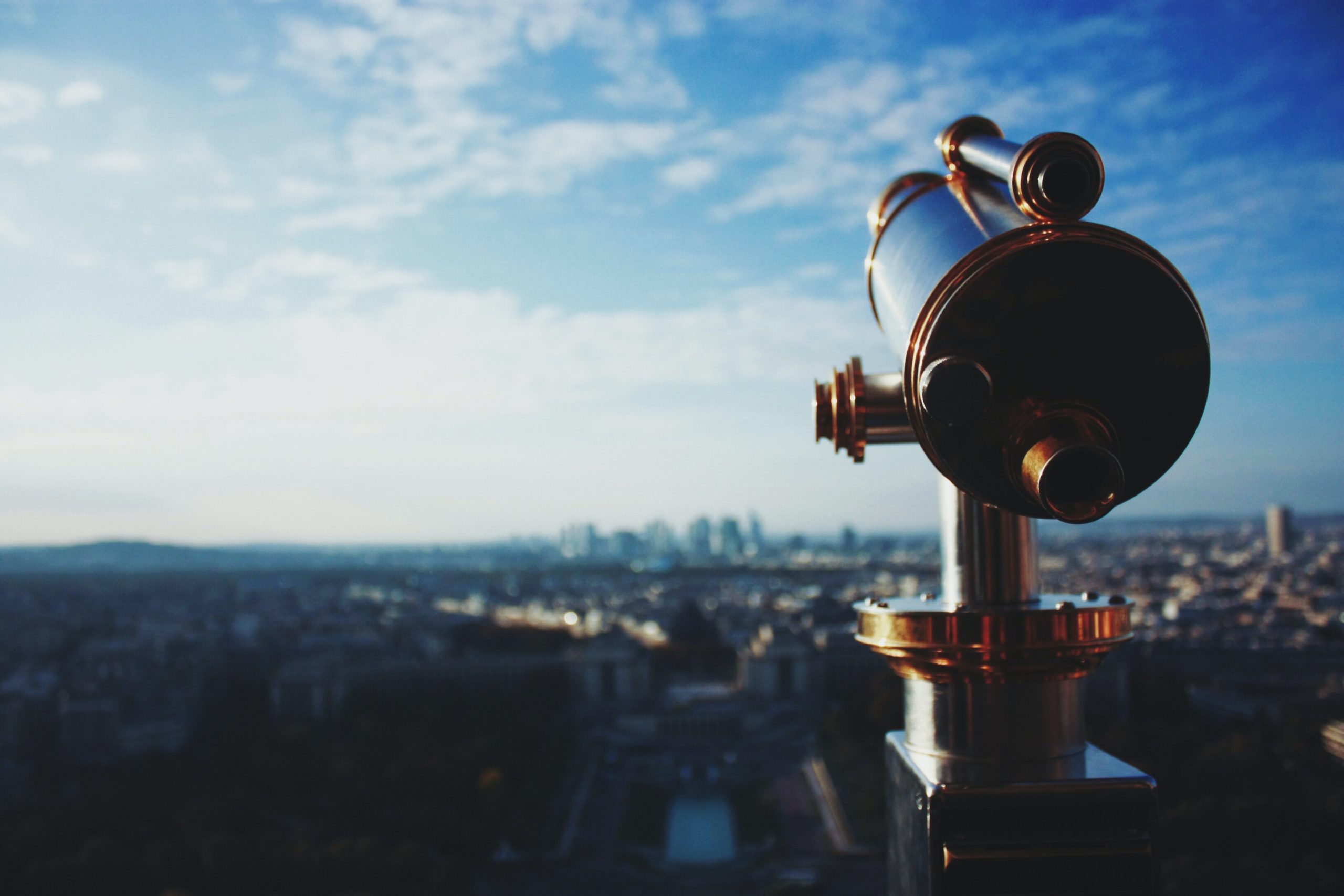Why multiple futures are better than one

Human beings are by nature future thinkers. As the American philosopher Dennett described, the human brain is “an anticipation machine” and “making future” is the most important thing it does. Planning for the future gives us a sense of agency and control in an uncertain world, but not all future planning is created equally.
Futures planning could take one of two forms – a singular future, known in the trade as an ‘official future’, and a set of possible future states which we call scenarios. The ‘official future’ is a prediction, created by projecting past experiences and situations to look forward. The result is a narrow focus on one vision, the most likely or most desirable future, with alternatives airbrushed out. Forecasts and predictions are widely used and can be very useful – during stable times. When the world out there is unpredictable and turbulent, the scenario planning process, a strategic tool developed by Royal Dutch Shell, has proven its worth. It is widely used by corporations, governments, NGOs, foundations and multilateral organisations and has stood the test of time as a way to tackle critical questions for the future in every domain from long-range global public policy to the business plan of a start-up, to your individual career or life.
Scenarios work as a set of futures, usually three or four as it is hard to remember more. Each one of the set is a plausible challenging future world in which you might find yourself. By viewing the future through different lenses, it is easier to compare the advantages and disadvantages of each – and then determine a strategic response.
We often describe scenario planning as asking ‘what if?’ to avoid ‘If only’! By walking into the future, we are not trying to predict it. We simply want to step back into the present with new insights, more awareness of the faint signals of change and a “reservoir of potentialities”, ways in which we might respond to a particular set of circumstances. By looking at multiple futures we avoid putting all of our eggs in one basket and planning for a future that could potentially never unfold. We become more adaptable and resilient, and less vulnerable to shocks.
Working with scenarios gives you a framework to imagine the future in a way that is practical and helpful for you, and we offer resources to do just that. If you’d like to know more follow us on Instagram, Facebook or Twitter or sign up to our newsletter below to hear about our next online event where we’ll walk you through using these tools in your own life.
